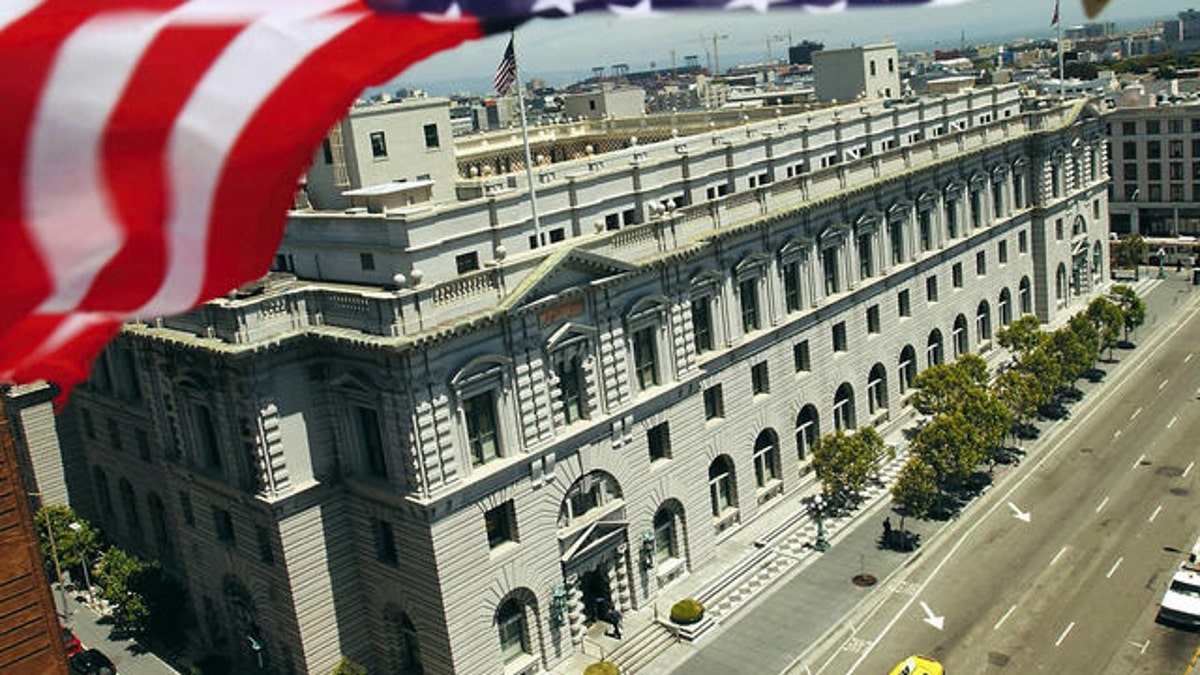
The California Supreme Court building in San Francisco. (AP)
In a victory for teacher unions, the California Supreme Court decided Monday to let the state's teacher tenure law stand.
The high court decided not to review a lower court ruling that upheld tenure and other job protections for teachers. That ruling came in a lawsuit by a group of students who claimed that incompetent teachers were almost impossible to fire because of tenure laws and that schools in poor neighborhoods were dumping grounds for bad teachers.
The appeals court said in its decision in April that the students had failed to show California's hiring and firing rules were unconstitutional.
That appeals court had overturned a Los Angeles Superior Court judge's decision that sided with the students and threatened to shake up public schools that teach more than 6 million students from kindergarten through 12th grade statewide.
In reversing that decision, the appellate panel said the trial highlighted problems with tenure and layoff statutes and showed the "deleterious impact" of staffing decisions on poor and minority students. But it said state law wasn't to blame.
Justice Roger Boren, presiding over the 2nd District Court of Appeal, wrote in the 3-0 opinion that some principals get rid of highly ineffective teachers by sending them to low-income schools. Those decisions have nothing to do with the teacher tenure law, he said.
The closely watched case highlighted tensions between teacher unions, school leaders, lawmakers and well-funded education reform groups over whether policies like tenure and firing teachers with the least seniority keep ineffective instructors in the classroom, particularly in already low-performing schools.
Teachers have long argued that tenure protects them from being fired on a whim, preserves academic freedom and helps attract talented teachers to a profession that doesn't pay well.
The Vergara v. State of California lawsuit, including Beatriz Vergara among the public school student plaintiffs, was backed by Students Matter, a nonprofit group founded by Silicon Valley entrepreneur David Welch.
Attorneys for the state and teachers unions had argued that the case was never about helping students, and there was no evidence presented showing the disputed statutes were the cause of educational inequalities.








































